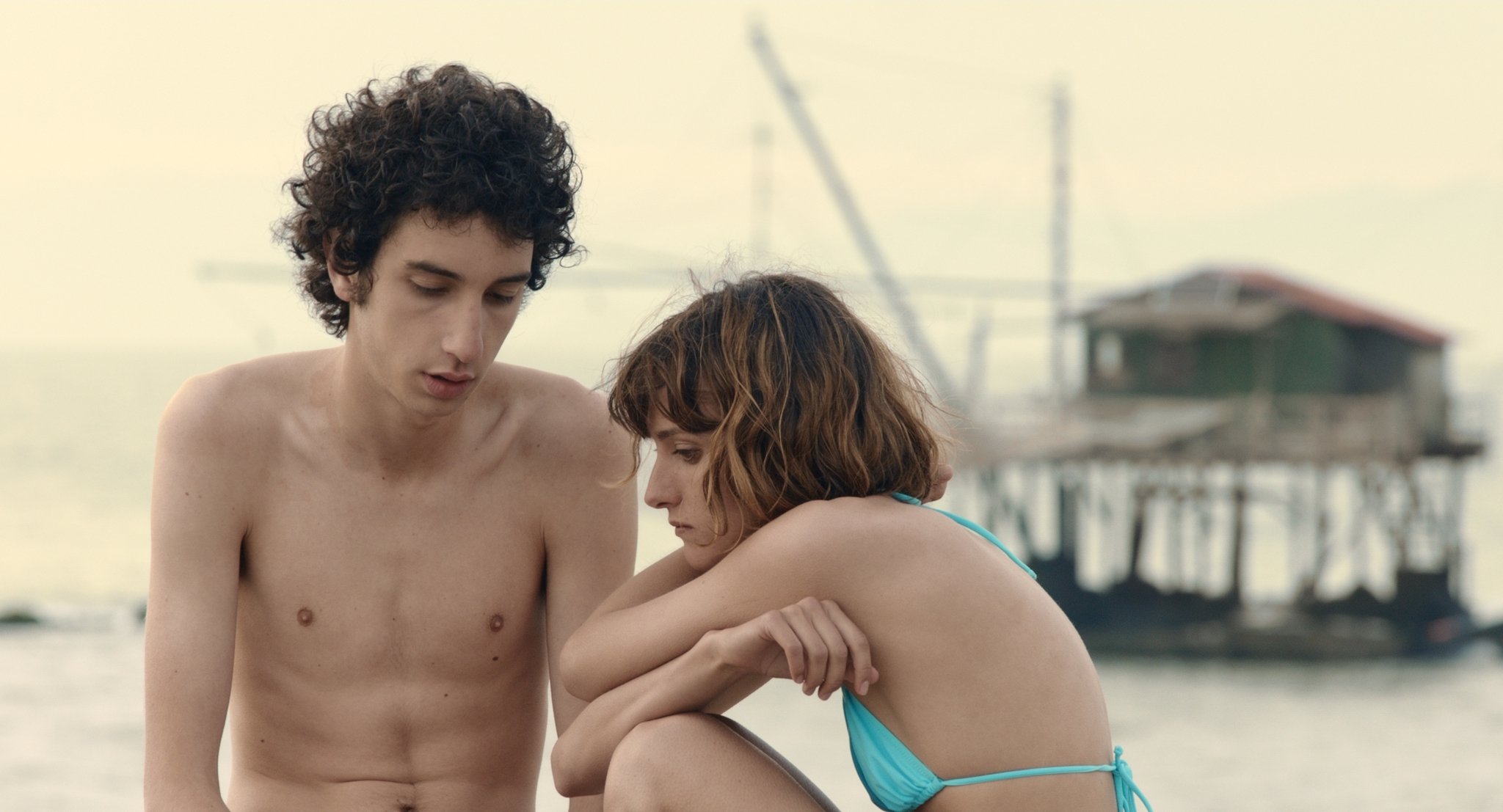Duccio Chiarini
Short Skin, Duccio Chiarini (2014)
Duccio Chiarini is an Italian screenwriter, film director and producer. His feature debut, Short Skin, is a coming-of-age comedy in which Edoardo, an awkward teenage boy with phimosis, deals with sexual pressure from the outside world. Developed in collaboration with the Venice Biennale College - Cinema, Short Skin premiered at the Berlin International Film Festival.
Filmatique conducted an exclusive interview with Duccio Chiarini to discuss the dynamics of comedy, a new generation of cosmopolitan cinema in Italy, and his next project that was workshopped at Cannes' Cinéfondation program.
//
Short Skin, Duccio Chiarini (2014)
FILMATIQUE: The anxiety of losing one's virginity is a central experience in any teenage life. The protagonist of Short Skin, however, has to deal with a very specific medical condition on top of all that. What inspired you to combine elements of sex comedy with a coming of age narrative?
DUCCIO CHIARINI: The challenge of this film has always been to find a story that might suggest a mainstream comedy like American Pie, but told in the manner of Rohmer or A Swedish Love Story by Roy Andersson, because adolescence for me is that thing: feeling emotions like those told by Andersson, but also finding yourself doing silly things like screwing an octopus. All this had to live in one character. I had to find a balance, an equilibrium among tones that were quite different from one another.
FLMTQ: Some of Short Skin's more humorous moments arise from the particularity of the environment: specifically, Edo's Livornese lower-middle-class background. Is there something quintessentially Italian about this provincial setting, the summer boredom and malaise?
DC: The film is set in Italy and the characters are the result of that context, but at the same time I have always tried to tell a story that people around the world could identify with. It is fundamental for me to try to get inside a more universal narrative model and to engage with people who can give broader feedback than those just in Italy.
I think in general, Italian cinema is changing, has already changed, from the interaction with European influences or other parts of the world. We are a generation of filmmakers that if not brought up in schools abroad, such as happened to me, have attended international workshops and labs— thus we have seen many foreign films. In my case, I choose collaborators in whom I have complete faith. For example, to shoot Short Skin I chose director of photography Baris Özbiçer, a classmate of mine in London, whose work I had admired in Bal (Honey).
FLMTQ: Though it premiered at Berlin, Short Skin went through the Venice Biennale College. What was your experience with the program?
DC: The Biennale College - Cinema was a great and memorable experience. Since the first phase, in which we were paired with very experienced editors and producers and worked alongside the teams of other projects, until later stages when, again thanks to the advice of the Biennale team, we could prepare the film’s pre-production very well and be able to shoot and edit in just three months, with the certainty that the film would be presented at the Venice Film Festival. This speed of execution was a wonderful gift for people like me, who for years endured painfully long development and implementation processes.
Short Skin, Duccio Chiarini (2014)



